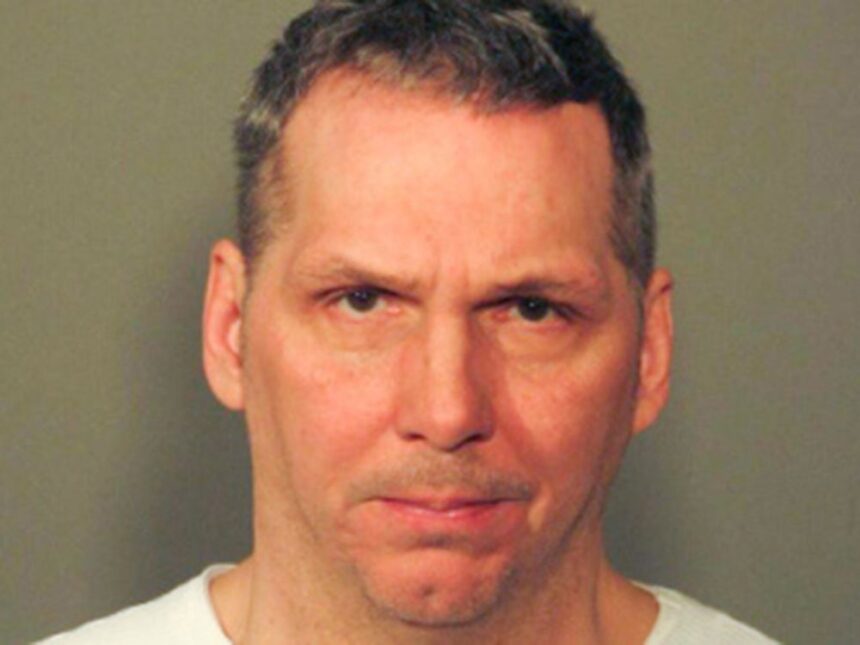Montreal has been abuzz with discussions surrounding the impending release of convicted drug offender Jeffrey Robert Colegrove, who will walk free next month despite having been denied parole. This case highlights the complexities within our justice system and raises important questions about rehabilitation and public safety in our community.
Colegrove, who was convicted on serious drug trafficking charges, will be released after serving two-thirds of his sentence, despite the Parole Board of Canada determining he presents “an undue risk to society.” This statutory release provision, which applies to most federal offenders, has sparked concern among Montrealers.
“The automatic release after serving two-thirds of a sentence is designed to provide a period of supervised transition back into society,” explains Marie Beaulieu, a criminal justice professor at Université de Montréal. “However, cases like Colegrove’s highlight the tension between legal requirements and public safety considerations.”
Court records reveal Colegrove was arrested in 2019 following an RCMP investigation that uncovered his involvement in a sophisticated drug trafficking operation spanning several provinces. The investigation revealed connections to organized crime groups operating throughout Quebec and Ontario.
The Parole Board’s decision documents, which I reviewed yesterday, paint a troubling picture. They describe Colegrove as showing “limited insight into his criminal behavior” and note his “continued association with negative peers.” These factors contributed significantly to the board’s decision to deny discretionary release.
André Martineau, a former corrections officer who now advocates for justice reform, shared with me, “The two-thirds rule exists to prevent ‘cold releases’ where offenders go directly from maximum security to the street with no supervision. But in cases with high risk assessments, it creates understandable public concern.”
What makes this case particularly noteworthy is the conditional release structure that will be imposed. Colegrove must reside at a halfway house in Montreal’s east end, adhere to a strict curfew, and avoid contact with known criminal associates. These conditions will remain in effect until his sentence officially expires in late 2025.
Walking through the neighbourhood where the halfway house is located, I noticed the mix of residential homes and small businesses that characterize so many Montreal communities. Several residents I spoke with expressed unease about the situation, though most were unaware of the specific details.
“Je pense que tout le monde mérite une deuxième chance,” said Jeannette Lapointe, who has lived in the area for over 20 years. “But the system should better prepare these men before they return to our streets.”
Statistics from Public Safety Canada indicate that approximately 60% of federal offenders are released on statutory release rather than parole. The data also shows that those denied parole but released automatically after serving two-thirds of their sentences have higher recidivism rates than those granted parole earlier.
The Montreal Urban Safety Coalition has responded by calling for community meetings to address residents’ concerns. “We believe in reintegration, but also in transparency,” says coalition director Philippe Therrien. “Communities deserve to understand how these decisions are made and what protections are in place.”
For his part, Colegrove has maintained a low profile during his incarceration. His lawyer declined to comment when contacted, stating only that his client “looks forward to complying with all conditions and rebuilding his life.”
The case raises broader questions about our correctional system. Quebec has long advocated for greater provincial control over federal corrections, arguing that community-based rehabilitation programs show better success rates than the current system.
As I reflect on this situation, I’m reminded of the delicate balance between punishment and rehabilitation that our society continues to navigate. Having covered numerous similar stories over my years reporting in Montreal, I’ve observed how these cases often become lightning rods for larger debates about justice philosophy.
When Colegrove walks out of prison next month, he’ll enter a city that has changed significantly during his incarceration. Montreal’s post-pandemic landscape offers both new opportunities and challenges for those seeking to reintegrate.
For residents of Montreal, this case serves as a reminder of the ongoing conversation about how our justice system handles the transition of offenders back into society – a conversation that touches on safety, rehabilitation, and ultimately, what kind of community we want to build together.







